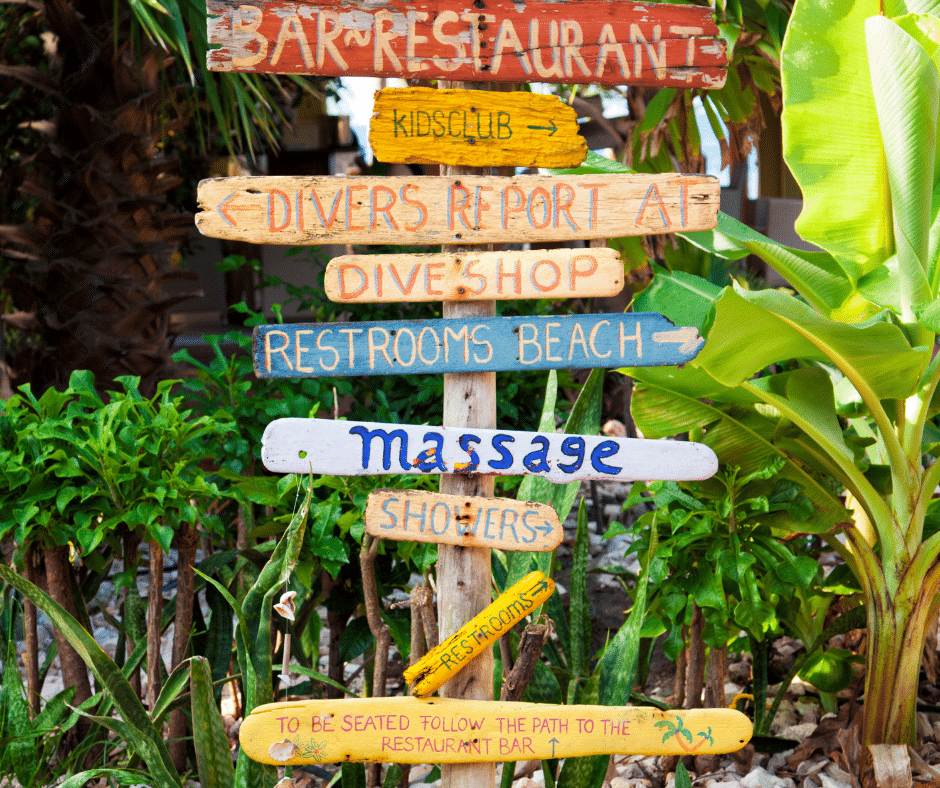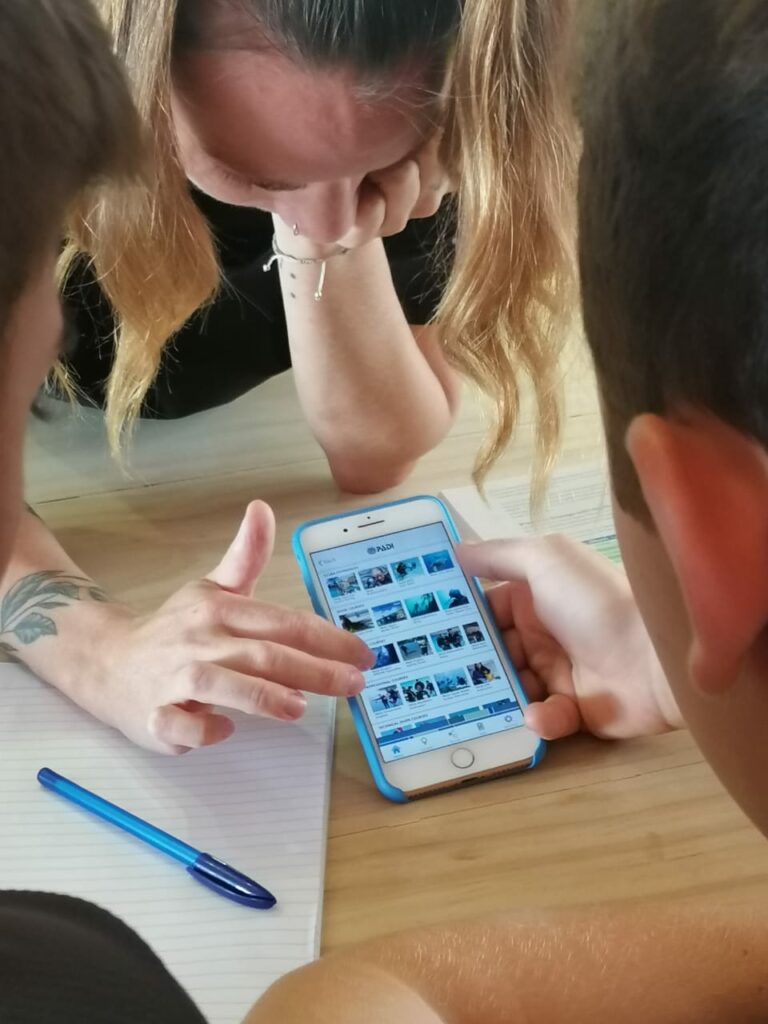What is an Internship?
‘Internship’ is a word we often see batted around the scuba diving industry. As a PADI 5 Star IDC Centre, it is also something that we get asked about often. So, what is a Professional Scuba Diving Internship? While the word ‘internship’ can have many meanings in the industry, it’s important to decide what you want out of your training. Choose a training program, a training centre and a location that’s right for you, because there isn’t a one size fits all professional level training course.
Aspiring Professional Scuba Divers regularly search for internship opportunities, sometimes in the hope that they will be able to ‘work’ for a dive centre, in exchange for professional level training. This is one version of a professional level internship. Being less specifically training-focused, your day to day will involve a wider range of responsibilities, and take on more of a ‘working’ routine. This kind of internship will also usually take place over a longer period of time. You will have less direct control over or input into your schedule, but may have other perks included such as food and/or accommodation. There are upsides and downsides, so it depends what you’re looking for, and what you want to achieve.
Our take on an ‘internship’ is a program that fully immerses you in the scuba diving industry, exposing you to a variety of different learning and training experiences. A fundamental part of professional level training should also include extensive mentoring and team work, so that you can learn as much as you can from fellow Trainees, Divemasters, Instructors, PADI Staff, Managers and Owners. We also believe the key to a successful career in the industry can be found in the development of a business-orientated skillset and mindset. It was for this reason that in June 2021, we launched the first ever Crystal Divers Business Development Program. During the Program, we worked with our PADI Professionals to help drive and develop their awareness of the business of diving.
How to Get the Most out of your Professional Scuba Diver Training
We very much invite our Professional Trainees’ input into their program and schedule, to ensure they will get as much as they possibly can out of their time with us. Our professional level training courses also have no maximum duration, because it’s important to take your time, learn and to develop at your own pace. We run all of our Professional programs to an exceptionally high level, having a huge amount of passion for preparing Professionals to go out in to the industry as capable, competent and confident individuals. Our fun, professional and friendly team have a lot of experience in the industry from all over the world. As such, our Professional programs have an incredible amount of value built in to them, including more detailed workshops and presentations.
Where We Stand on Internships and Why
For this reason, we don’t offer free courses or discounted internships. Beyond these internships devaluing the time and financial resources we’ve invested in to our own training as PADI Professionals, they can also undermine the time we invest in to our professional candidates. Sometimes they can bring down the overall standard of professional level training worldwide. Sadly, this is something that we see a lot of. We have had a lot of experience with candidates who have done free internship/work-in-exchange-for-courses programs in the past. In our experience, the level of training, professionalism and education doesn’t compare to a candidate who has completed and committed to a well-rounded ‘paid-for’ internship. We work really hard to try and undo some of the bad habits and build up any gaps in their learning and development, to essentially help re-train them.
Another thing to watch out for with ‘free internships’, is the legality of you being by yourself in the water with students or fun divers as a Divemaster or Instructor Trainee. By PADI Standards, only a renewed and certified PADI Divemaster or Instructor may take fun divers in the water. So if you’re working and doing your course at the same time, to adhere to PADI Standards, any time you are on the boat, or assisting with courses as a Divemaster Trainee for example, you would need to have a qualified Divemaster and/or Instructor with you.
If you choose an internship that offers free Divemaster training in exchange for working as a Divemaster after certification, be sure to question the quality of the course and training you’ll be receiving. How long is it, who will be teaching the course, what presentations and workshops will there be, how will the course be scheduled and organised etc. A true Divemaster Course isn’t about free accommodation and free diving. It is THE most crucial professional training course, the first step on that PADI Pro ladder. How you are trained as a PADI Divemaster, is the same as how you are trained as a PADI Open Water Diver, because the quality of your entry level professional level training stays with you throughout your diving career.
You Will Only Ever Become a PADI Professional Once
So, whoever you decide to do your courses with, please ask many, many questions. Research and look in to the Professional training team’s experiences. For instance, we typically run our Divemaster Courses amongst a Course Director, a Master Instructor and two Staff Instructors. All extremely experienced and excellent trainers and divers, so our Divemasters learn an incredible amount! Find out more about the minimum and/or maximum course duration, so that you can match your time frame, availability and preferred learning style with the program(s) being offered by the dive centre. We often encourage Divemaster and Instructor candidates to extend their professional level training time with us, to be more confident in their skills, abilities and experiences. It’s important to train for as long as you feel you need to.
As professional scuba divers, we can change people’s lives through diving. Working in this incredible industry, we have to factor risk management and legal considerations in to our role and responsibilities every day. As the more qualified, knowledgeable and experienced diver, you owe your students and your divers a duty of care as an industry professional. You are obliged to manage risk and prioritise their safety and well-being in the water at all times. If this is the industry for you, and you want to make a career out of what you love, do your research, take your time, and be sure not to cut any corners.













